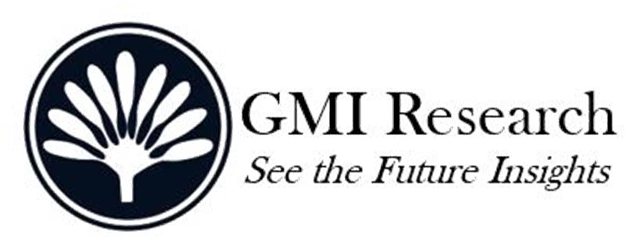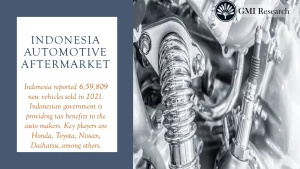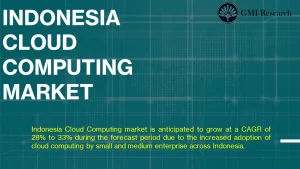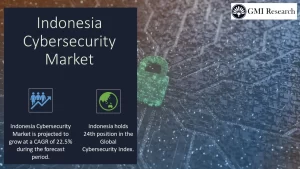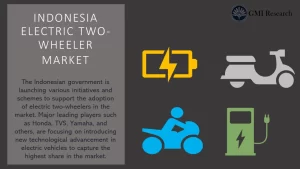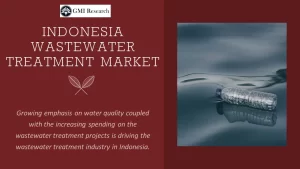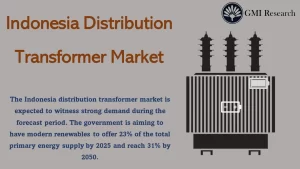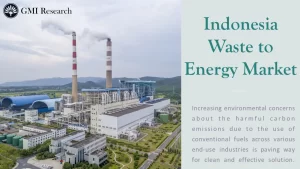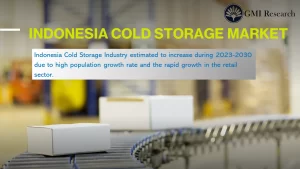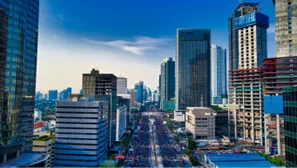
Jakarta

Surabaya
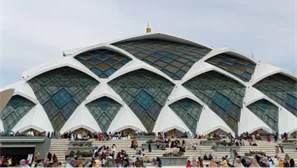
Bandung
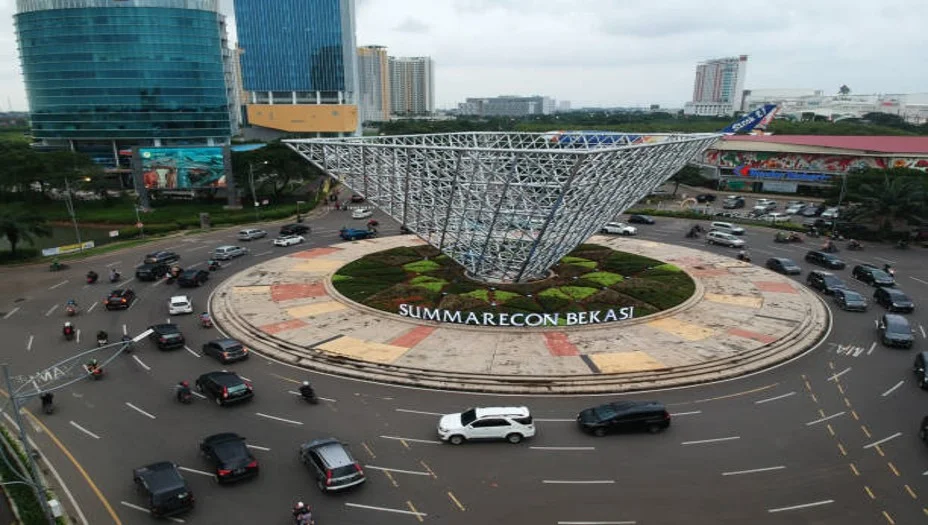
Bekasi
OVERVIEW
It’s always tricky for businesses to enter a foreign market. Companies with a well thought market entry strategies plan based on market nitty gritty attained through extensive market research coupled with solid execution is the key to achieve success. As every market is different and its characteristics are based on combination of some standard and various local factors at play, there is no size or solutions which fits across markets in various countries.
Our seasoned market analysts and consultants provides intelligence and market insights which becomes the backbone of market entry business plan and guides towards the overall success for our clients.
Founded a decade ago, GMI Research is the world’s leading market research & consulting firms helping our clients across 13 verticals. Over the past decades we analyzed thousands of markets and helped our clients to unveiled growth opportunities not known to them. GMI Research could support you in your business expansion in Indonesia market.
Contact GMI Research for your Indonesia Market Entry Plan
- Total Addressable Market
- Demand Drivers & Entry Barriers
- Growth Outlook
- Government Policies
- Government Incentives
- Competitive Landscape
- Demand Supply Gap Analysis
- Key Success Factors
- Key Risks
- Identification of Key Potential Customers and Suitable Business Partners
After completing market attractiveness study phase, now we know that the market is attractive from the demand point of view, but would it make financial sense to enter into the market, how much investment is required to start a Greenfield facility, would the investment generate expected ROI, what product mix we should have, what distribution channel to go with. Depending on our client’s goals, risk appetite, investment size, we prepare a full-fledge business plan which includes products and services, financial planning, marketing strategy and analysis, financial planning, and a budget.
Vendor Selection: Identify raw material suppliers, service providers, logistics companies etc.
Company Formulation & Regulatory Compliance: Indonesia Entity Incorporation – from name approval of new business entity to regulatory approvals (such as VAT, import/export number, Tax etc.) to opening of bank accounts.
M&A & JV activities: Target identification and support on deal structuring.
Greenfield Setup: Setup From selection of plant location to project management, to hire right C level executives, to statutory approval consent for operation from state and central government bodies etc.
Vendor Selection: Identify raw material suppliers, service providers, logistics companies etc.
Company Formulation & Regulatory Compliance: Suadi Entity Incorporation – from name approval of new business entity to regulatory approvals (such as PAN, TAN, import/export number, tax etc.) to opening of bank accounts.
M&A & JV activities: Target identification and support on deal structuring
Greenfield Setup: From selection of plant location to project management, to hire right C level executives, to statutory approval consent for operation from state and central government bodies etc.
We Serve our clients across various industries with particularly deep experience in the following industries
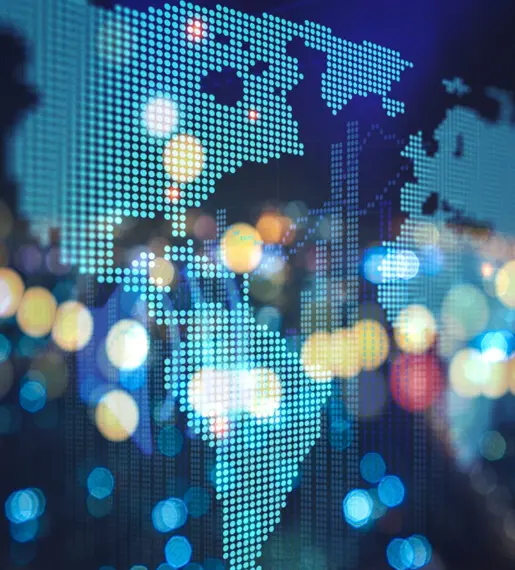
Information Communication & Technology
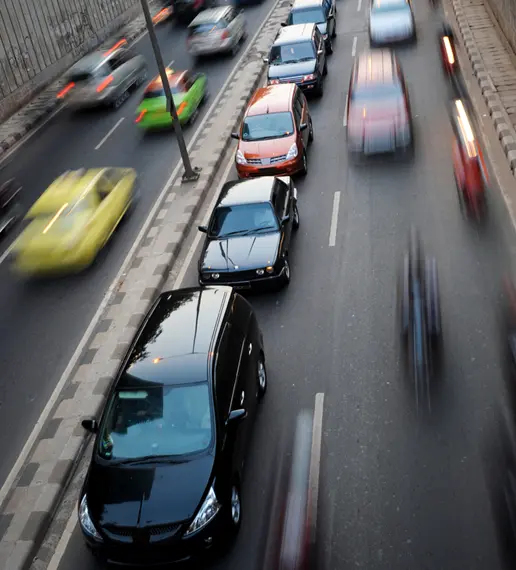
Automotive & Transportation
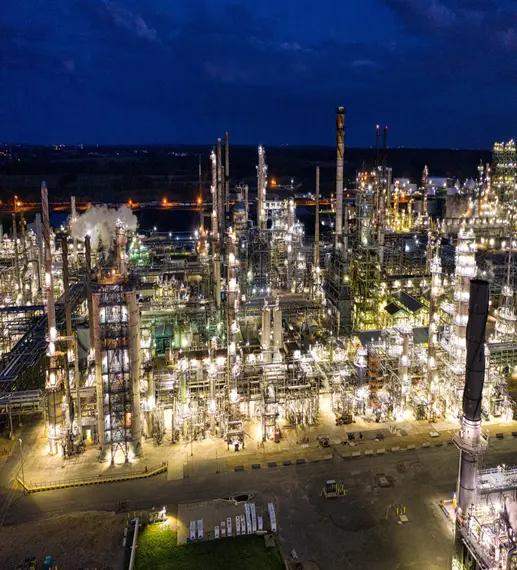
Chemical & Materials

Food & Beverages

Building & Construction

Agriculture

Energy & Power

Aerospace & Defense
Contact GMI Research for your Indonesia Market Entry Plan
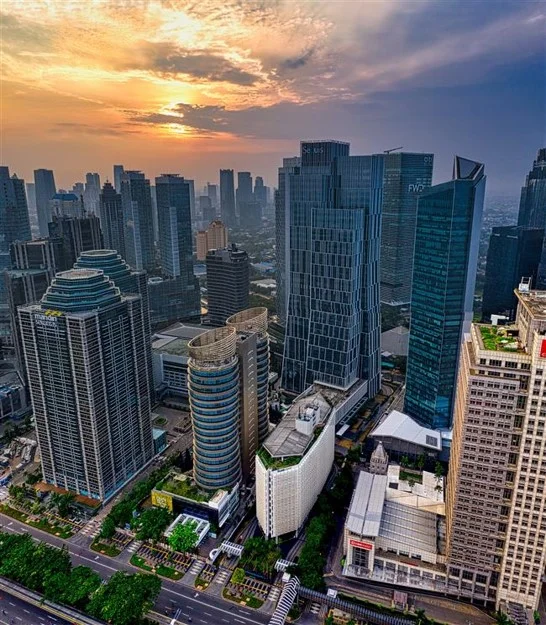
Why Indonesia Should be on your Market Expansion Radar?
Indonesia, the fourth most populous country globally with 275.7 million individuals, boasts a youthful demographic, averaging 30 years of age. With 60% of the population under 40, Indonesia stands as ASEAN’s largest labor market, comprising over 130 million workers and ranking fourth globally. As the fourth most populous country globally, Indonesia, characterized by political and economic stability, presents a different series of investment opportunities for both foreign and domestic investors. With abundant natural resources and a population of 270 million, Indonesia is positioned to navigate its importance without being compelled to choose between the world’s two largest economies. Indonesia has observed consistent progress in fundamental aspects such as public sector governance and infrastructure, assisted by a robust macro policy framework. These efforts have resulted in significant strides in poverty reduction, including the eradication of extreme policy. Indonesia presented resilient economic growth, reaching 5.3% in 2022 amid a challenging global environment. Positive terms of trade from commodity exports and a rebound in private consumption contributed to this growth. The momentum persisted into 2023, with a 5% growth in the first quarter, propelled by continued support from private consumption and exports, although there are indications that domestic demand may be moderating.
The Asian Development Outlook for Sept 2023 forecasts Indonesia’s economy to rise by 5.0% in 2023, with domestic demand becoming the primary driver, moving from commodity exports. Headline inflation is estimated to average 3.6% for the year. The estimate for 2024 maintains a 5.0% growth rate, and inflation is expected to reduce further to an average of 3.0% during 2024. Moreover, Indonesia developing its business environment is evident in its consistent development in the ease of doing business ranking. Actively pursuing partnerships with companies from the US and China, Indonesia aligns with President Joko Widodo’s vision of developing a complete EV supply chain. Amidst international supply chain disruptions and trade challenges, along with a growing labor costs, Indonesia emerges as a compelling choice for businesses considering a China strategy. The country offers a considerable labor force, an extending middle class, and abundant natural resources.
Indonesia, both as an independent market and a member of the ASEAN has actively engaged in different free trade agreements globally. Particularly, Indonesia is part of the (ASEAN) FTA and the Regional Comprehensive Economic Partnership, two of the biggest FTAs internationally. As an ASEAN member, Indonesia actively joins in the bloc’s free trade area and has agreements with Australia, China, New Zealand, Japan, India, and South Korea. Additionally, Indonesia has a bilateral EPA with Japan, FTAs with Pakistan, and European FTA (Liechtenstein, Iceland, Switzerland, and Norway). Presently, Indonesia and Australia ratified the Indonesia-Australia Comprehensive Economic Partnership Agreement. Completing these FTAs, Indonesia has a wide network of double tax agreements, covering 70 jurisdictions. Additionally, it has a wide network of Double Tax Agreements with different economies such as New Zealand, Australia, China, the US, Hong Kong, Canada, India, and other EU states. Based on new data by the United Nations Statistics Division, Indonesia positions among the top 10 global manufacturing regions, accrediting 1.4% to global manufacturing Output. The country’s primary export products include mineral fuels, mineral oils, mineral waxes, products of their distillation, bituminous substances, and vegetable or animal oils and fats. While presently at the lower end of the top 10 manufacturing countries globally. Indonesia’s momentum and growth believe potential upward movement in the forthcoming period. However, there is an observable imbalance in the investment insight, with Chinese foreign direct investment in the first half of 2023 being twice that of the US, indicating an increasing disparity.
Indonesia automotive industry is the largest across the Southeast Asia and ASEAN region. As per the OICA, Indonesia stood at 16th rank in terms of global car sales in 2021. Indonesia market is driven by the increasing disposable income of middle-class population and rising investment by the global car makers in Automotive industry. This investment is supported by the strong domestic sales growth, 887 thousand units were sold in 2021. GAIKINDO estimated that Indonesia reported 31% growth in car production i.e., 1,470,140 units in 2022 as compared to 2021. Established and local car makers such as Toyota and Nissan are heavily investing to make Indonesia production hub in future. Indonesia automotive market is experiencing a significant growth in Karawang, Bekasi and Purwakarta, which are located near Jakarta because of the high car demand and well-developed infrastructure.
Indonesia Food and beverage industry is predicted to grow at 5% in 2023 due to the change in the consumption patterns of consumers with the high demand for healthy and time saving food products. With the increase in population growth and economic development, the demand for food and beverages will continue to thrive. On the other hand, Indonesia is the one of the largest producers of cocoa and coffee, fish and palm oil. Indonesia F&B Entrepreneurs Association predicts that investment value of the F&B sector is expected to rise by 20% in 2023 because of the increasing demand after the COVID-19. Indonesia and Taiwan joined hand together to develop F&B industry of both the countries. Taiwan will provide food and beverages products and technology for the Indonesian market.
Indonesia is actively focusing on the energy sector as the country is shifting towards renewable energy. The government planned to achieve zero carbon emissions by 2060. In addition, energy efficiency, electrification of transport and power generation renewables will help to cut 80% of carbon emissions from the energy sector. With the rapid economic growth and energy demand, Indonesia is investing on energy sector. As per the International Energy Agency, Indonesia energy supply has been increased to 60% from 2000 to 2021 and carbon emissions were around 600 million tonnes in 2021.
Indonesia construction industry expected to show significant growth due to the rising spending on infrastructural development projects. The market is also supported by the investment in the residential and commercial projects, manufacturing, transportation, renewable energy and also focusing to promote electric vehicles and make Indonesia as a major hub. In 2023, to raise FDI and boost EV market, Indonesian government to provide USD 455.9 million in state funds to subsidize sale of electric motorcycle in 2024. The government has invested on various construction projects such as Trans-Sumatra Toll Road, Oil Refinery in Bontan, Refinery Development Master Plan in 5 locations, Jakarta Sewerage System, Indonesia Deepwater Development Project , Bitung International Hub Seaport, among others. As the part of the budget 2023, Indonesia government has increased investment by 7.8% i.e., USD 25.3 billion for infrastructural development throughout the country.
